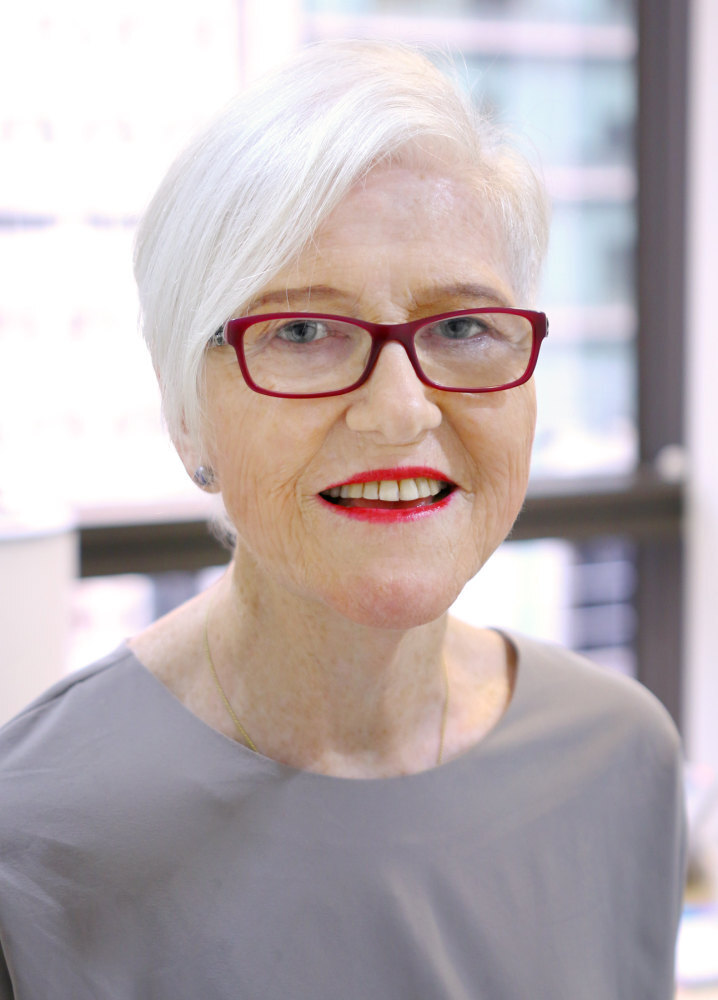
Journaling reduces stress, helps you process emotions and can be used to understand trauma, say experts and those who write every day
- Journaling can be especially helpful for those with emotional issues they find hard to express, such as depression and grief
- One author recommends writing three pages every morning, a shamanic healer has been journaling for 13 years and one man says the practice saved his life
Are you in need of a friend who you can trust implicitly? A confidante to whom you can reveal your innermost feelings without being judged, or a therapist to help you deal with stress or a traumatic experience? Maybe a coach to help you to dispassionately examine an issue and reach the right decision?
Look no further than a notebook, a pen and a commitment to keeping a journal. Journaling (the practice of keeping a personal record of one’s experiences, feelings and reflections on a regular basis) has been proven to deliver significant mental as well as physical health benefits through creating emotional awareness, generating mindfulness and reducing stress.
“Writing is a powerful tool to process our emotions and make sense of them,” says Meeta Gupta Hari, a mental health counsellor at Lifespan Counselling in Hong Kong. “It can be a massive help to process difficult events and create a coherent narrative about them. This raises our self-awareness and enables us to detect unhealthy patterns in our thoughts and behaviours.”
Expressing suppressed emotions or acknowledging and understanding a traumatic experience – natural outcomes of journaling – can be cathartic through releasing energy that is otherwise blocked.

“It is important that we process these emotions – and that seems to be the key to the significance of journaling. When we do that, our brains are freed from the enormously taxing job of continuously processing a disturbing experience, resulting in lower stress levels, better sleep and health,” says Hari.
So how does one start and what should one write about?
How to create happy memories – and not forget them
In her book The Artist’s Way, Julia Cameron recommends a process she calls “the morning pages”, a morning ritual of writing three pages in longhand, in a stream of consciousness.
“The pages are meant to be, simply, the act of moving the hand across the page and writing down whatever comes to mind. Nothing is too petty, too silly, too weird to be included,” writes Cameron in her book.
Cameron writes that by spilling our thoughts onto the pages every morning, we learn to evade our inner critic. Because there is no wrong way to write the morning pages, the critic’s opinion doesn’t count. It teaches you to stop listening to that ridicule, leading to a strong and clear sense of the self.

“Writing has enabled me to create space between my thoughts and my actions. It has made me more self-aware and allowed me to become my own coach,” says 46-year-old Daswani, who changed her unhealthy eating habits as a result.

“Journaling has taught me that we often don’t know the deep-seated traumas or baggage we may be carrying till we start writing our thoughts. But the good news is that you don’t have to be a writer to write a journal,” says Pong, who is in his 40s. Writing his thoughts down helped him deal with deep-rooted, hidden resentment and anger and led him to find his calling of becoming a healer.
Journaling can be especially helpful for those with emotional issues they find hard to express, such as depression and grief.

“You can establish a regular, daily, journaling practice or simply journal when your feelings need expression. When you put words on paper, your subconscious speaks to you. You see on a written page what your higher self is saying to you.
“It allows you to release from overthinking, stand back and counsel yourself and tap into your own wisdom.”

Jonathon Lythgoe-Zafrullah, an American living in Hong Kong, says that journaling saved his life. “A few years back while facing a personal crisis I took to journaling. My journal became my best friend, therapist and spiritual adviser,” says the COO of Mindish, a community-based holistic mental health company in Hong Kong.
Lythgoe-Zafrullah hid his sexual orientation as a gay man for years before coming to terms with it. “I was raised in a conservative Christian family and conditioned to feel ashamed about my sexual orientation,” he says. The 37-year-old met his partner early this year and they were recently married.
“For years, I repressed my feelings to make room for the expectation of others. Journaling served as a safe place for me to get in touch with myself and understand what I thought and felt about my sexuality, my relationships and spirituality.”

Why does this simple act of putting pen to paper offer so much opportunity for personal growth, awareness and healing? Probably because, by its very nature, journaling is a reflective practice.
It enables us to examine our lives in ways that help us seek new understandings while also keeping us grounded to what matters most to us. It is a way of learning that helps us discover our creative self-expression and our values.

